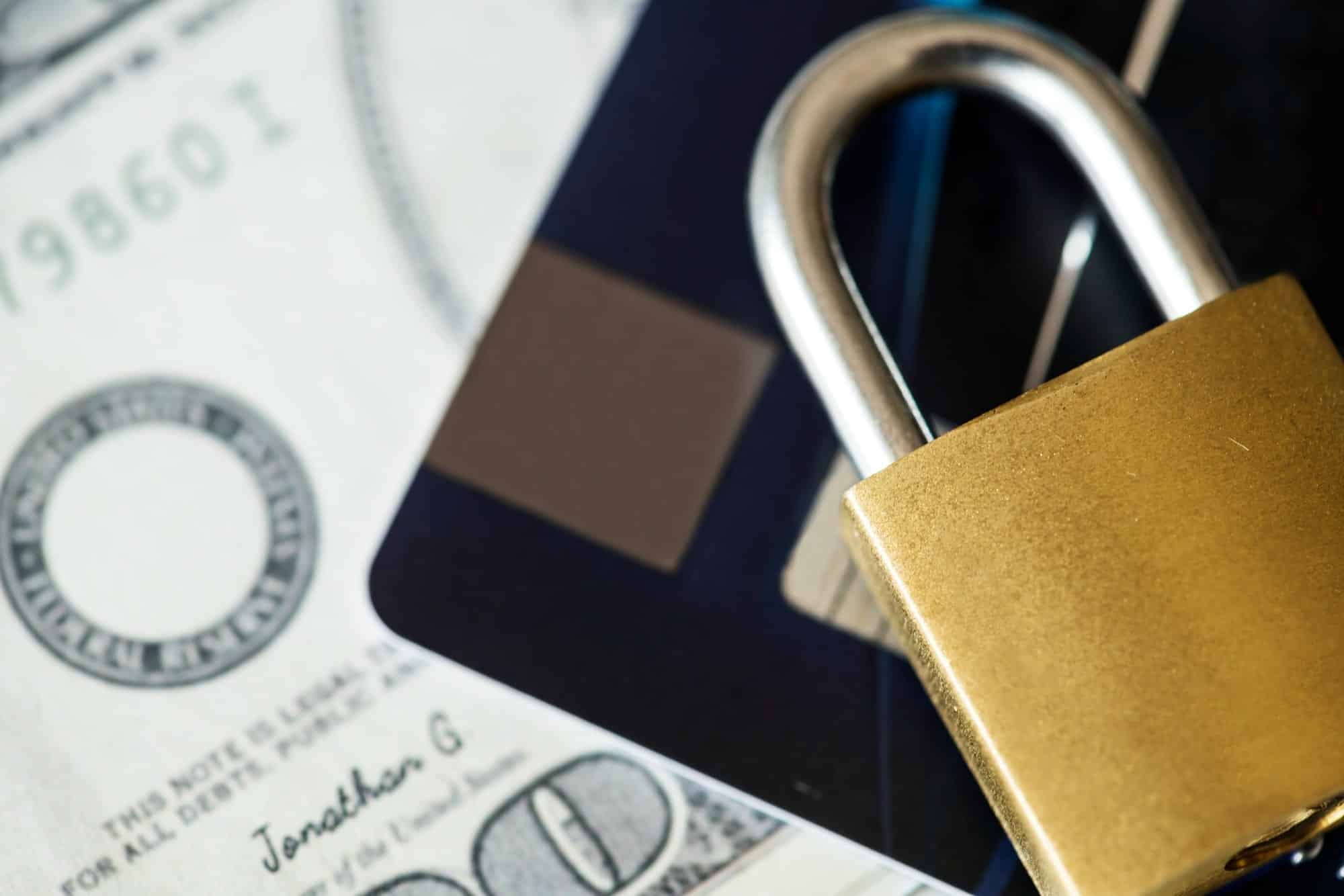Protecting Assets With a Mareva Order

Note: This blog provides general information and is not legal advice. Laws change and facts matter. For advice tailored to your situation, please contact our firm.
A Mareva Order is also called an asset freezing order or asset protection order. It’s a powerful tool that prevents someone from hiding or wasting assets during legal proceedings.
It promotes fair resolution, protecting the assets until the proceedings are over. Whether you’re the applicant or the defendant, you need to understand the specifics of what is a Mareva order.
Contents
What is a Mareva Order?
A Mareva injunction freezes one of the party’s assets, be it liquid assets or real estate. That way, they cannot be moved or disposed of. It’s an order used in situations when there’s a real risk that the defendant may conceal or deplete assets to avoid paying their debt or settling a claim once the proceedings conclude.
How Do I Know I Need to Get a Mareva Order?
Relevant Cases
This measure can be useful in various legal contexts, but it’s mostly relevant for two categories — family law and commercial disputes. The reason is simple — a high risk of asset dissipation.
Commercial disputes
The order is especially useful in fraud cases or when there’s a possibility a company might dissipate its assets to avoid paying creditors. For example, if a business partner is suspected of diverting company funds to personal accounts amidst a lawsuit, getting a Mareva Order can freeze those assets.
Family law cases
During the divorce process, a Mareva injunction won’t let one of the spouses conceal their assets. These are the assets that can be needed later to establish the partitionable value of the family patrimony, the matrimonial regime, or any alimentary obligations.
Signs You Might Need to Get a Mareva Order
Legal disputes are often complex and call for professional assistance. In case you’re dealing with this on your own, look out for these signs when developing a course of action. If some of these signs resemble your situation, getting a Marvela order may help you avoid financial loss.
| Suspicious financial activity | Sudden and unexplained withdrawals, transfers, or sales of property or assetsMoving funds to offshore accounts or transferring ownership to friends or familyLiquidating investments or business assets without a valid reason |
| Past incidents | Past incidents of fraud or concealment related to financesRefusing to provide full financial disclosure in legal proceedings |
| Divorce or other family law concerns | A spouse quickly selling property, emptying accounts, or transferring assets before a divorce settlementSigns that one party is trying to reduce their net worth on paper |
| Court proceedings are pending or ongoing | If you’re already suing someone and they start moving assets, a Mareva Order might be the only way to ensure they can’t escape liability. |
How to Get a Mareva Order?
If you find yourself in a situation where you’re concerned about the other party’s reliability and want to get a Mareva order, you need to make sure you meet the court’s criteria.

Having a strong case
The first step is to gather evidence and build a strong case. You must demonstrate:
-
- A strong prima facie case, meaning that you need to show evidence or arguments that your claim is based on. For example, in fraud cases, you must provide clear evidence of deceit.
- Prove that the defendant has assets within Canada (or abroad if seeking a worldwide Mareva Order). This could include property, bank accounts, or investments.
- Show that there is a real danger the defendant may dispose of the assets to frustrate judgment enforcement.
Make sure to gather everything you can find to support your claim. It’s the initial threshold of evidence needed to move forward with a case.
Draft Your Motion Materials
Now you can get ready to apply for a Mareva Order. For your application, you will need to prepare several materials:
-
- A notice of motion that informs the court that you are seeking a Mareva Order.
- Affidavit evidence supporting your case — your prima facie case, information about the defendant’s assets, evidence of risk, and the irreparable harm you would suffer without the order.
- A Mareva order draft for the court’s consideration. In Ontario, model orders are available for guidance.
Once you’ve compiled all these, it best to go over them with an experienced lawyer before making your submission.
Apply for an Ex Parte Hearing
Now you can file your application with the court. Most Mareva Orders are sought on an ex parte basis, without notifying the defendant beforehand. This way, they can’t move the assets before you actually get the order.
Attend Court Hearing
During the hearing you will present your case and evidence. If successful, the court will issue an initial Mareva Order. You will also need to agree to compensate the defendant if it is later determined that the order was improperly granted.
Receiving a Mareva Injunction

If you are on the receiving end of the Mareva order, you will need to comply with its terms to avoid serious legal repercussions.
Order Duration
A Mareva Order is often granted for an initial period up to 10 days when issued ex parte, meaning without prior notice to you. If the plaintiff wants to extend the Mareva Order beyond this duration, they will have to schedule a return hearing where both parties can present their arguments.
Non-Compliance Consequences
If you knowingly violate the terms of the Mareva Order, it can lead to severe penalties, including fines or even imprisonment. In case you cause financial harm to the plaintiff, they may seek compensation for any losses incurred because of your actions.
Conclusion
If you are concerned about a possible third party asset disposal and can provide evidence for that concern, you have a chance of getting a Mareva order to protect the assets. Before submitting your application, make sure you have gathered everything that you can to highlight the potential risks.
-
What is the difference between Anton Piller and Mareva injunction?
A Mareva order freezes a defendant's assets to keep them from being moved or hidden before a judgment is made. It's designed to ensure assets are available to satisfy a potential judgment, often used in fraud cases. An Anton Piller order is more intrusive. The applicant will be able to enter the defendant's premises to search for and seize evidence. -
Can I apply for a Mareva order without notifying the defendant?
Yes, you can apply for a Mareva injunction without notifying the defendant. These applications are often heard ex parte, meaning without the defendant present. -
What types of cases usually call for Mareva order?
A Mareva injunction is often needed in case of fraud and embezzlement allegations. It can be used in family law, particularly in divorce where one spouse may try to hide or transfer their assets.


